As many parts of Australia head toward the 80% target of double COVID-19 vaccination for eligible people, a sense of excitement is building for a life free of long lockdowns and pandemic restrictions that have disrupted so many lives.
At the same time, reaching that vaccination benchmark is a source of real anxiety for hundreds of thousands of working Australians. Many have lost work and have come to rely on government support payments such as JobKeeper and the COVID disaster support payments.
Those payments will evaporate for workers once their state hits the 80% fully vaccinated benchmark, and it is already causing distress for many people who have found that their jobs haven’t returned to fill the void.
It is another layer of uncertainty and insecurity for Australian workers to deal with amidst a pandemic that is not yet over.
“On the Job” spoke with several people who are experiencing this right now. Here are their stories.
Hilary Wardhaugh, Photographer, Queanbeyan New South Wales.
“In 2020 my work stopped completely. I moved in with my mother, she’s in her 80’s and didn’t claim any government benefits. All my work is in Canberra and when the ACT went into lockdown because I lived in New South Wales I lost my work across the border.
“It was like we were a forgotten place.
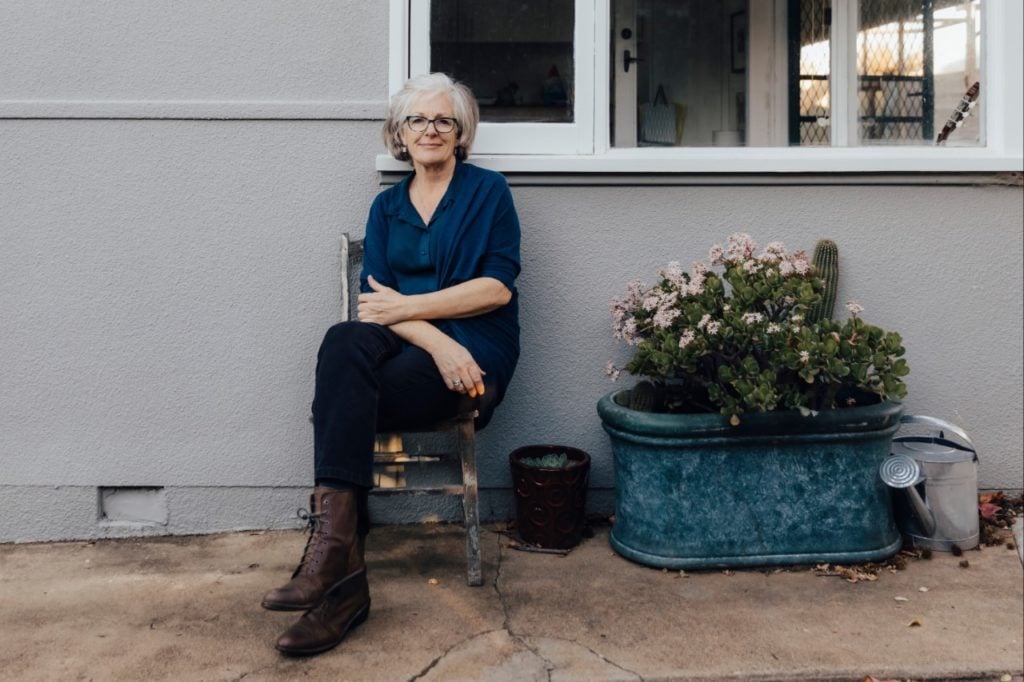
“When the first week (of the recent lockdown happened) all my work stopped. I’m a freelancer and applied for the COVID disaster payment. That $750, oh my god, it was a lifesaver. I remember going to Woolies and and thinking – I can actually buy food for my son and I, there’s money in my account.
“I’m 58, I’m coming to the end of my career. I’ve been really worried what’s going to happen.
“I do get child support from my ex-husband. So with that and the disaster payment I could pay all my bills. I had to deal with my mortgage and have enough money to pay the rates and stuff like that.
“Last week I was absolutely panicking. My mum offered to lend me money but I don’t want charity. I just want to be able to go and buy food and make sure the electricity and gas get paid.
“I know that women of my age are in danger of homelessness. I’m divorced. I have very little super. I have a 17-year-old son who lives with me. And I work hard. Very hard.
“Every day I check my bank account. When I got to the supermarket and my card is rejected because there’s not enough money in my account, I hate that. It’s so embarrassing.”
Rhys Lett – Music teacher, Melbourne
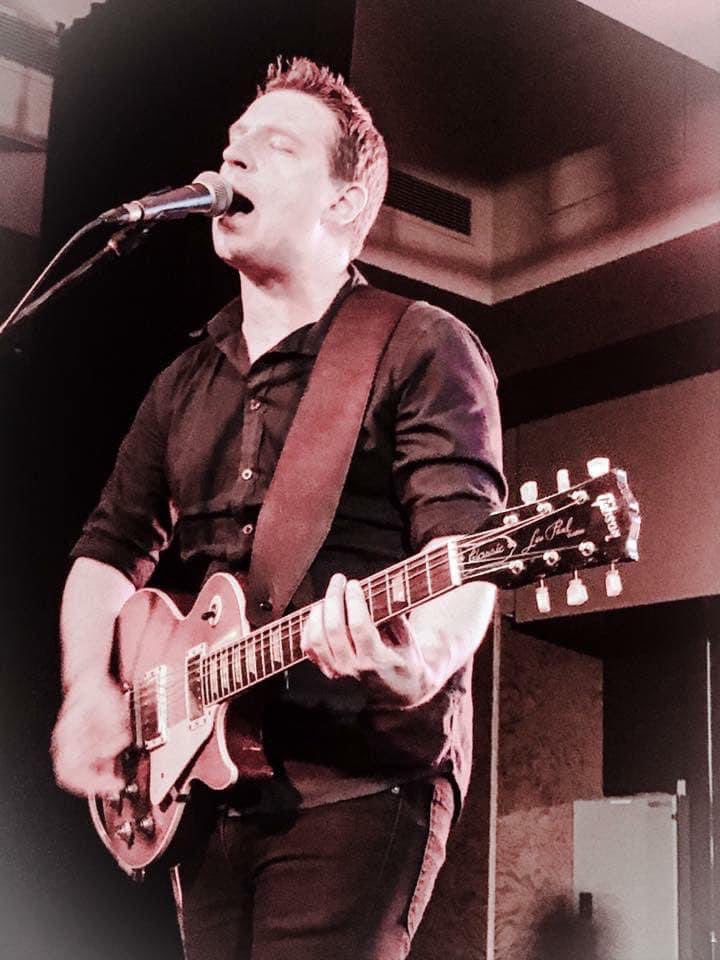
“When the pandemic struck and lockdowns came I lost all my work as a gigging musician and the teaching work dropped off considerably.
“One of the school locations is in Boronia (in Melbourne’s eastern suburbs). It’s near the mountains where the consistency of internet connections is so poor that video lessons didn’t work for my students.
“Music and creative schools have completely fallen between the cracks when it comes to government support because we’re not a big enough piece of the overall economy.
“Even when restrictions are lifted we are not sure how many of our students will return.
“In terms of support – Last year I had JobKeeper, this year, nothing. My business as a sole trader isn’t GST registered, so I missed out on Victorian Government support.”
But to make matters worse. Rhys is dealing with a serious illness.
“Because of my health situation and surgery, I haven’t been able to work enough hours to qualify for Federal Government support.
“I’m resilient though. I’ll work my butt off and hustle, hustle, hustle to make ends meet. I’m lucky I have been able to rely on the generosity of parents, but you know, there’s only so much to go around.”
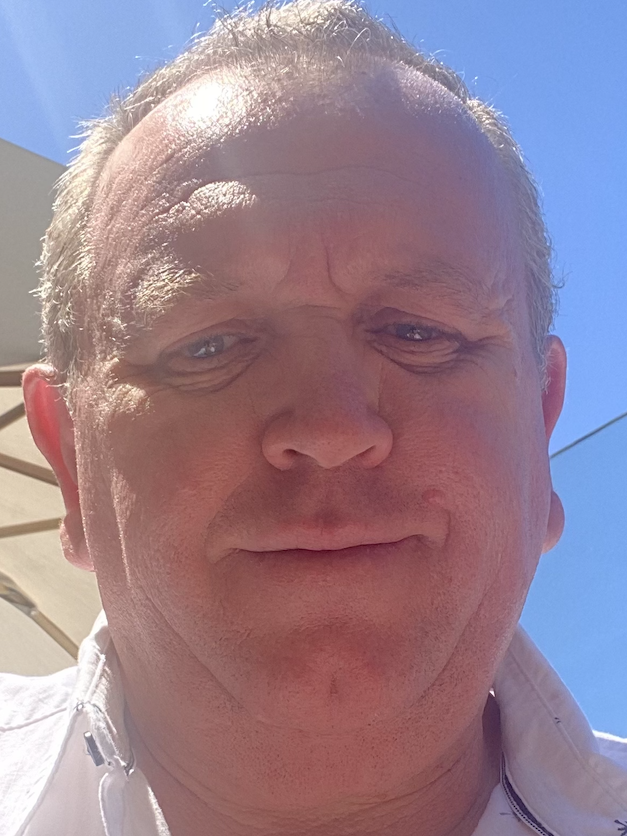
Craig Link – Coach driver, Sydney’s northern beaches
“We drive tourists, sporting teams, school groups, corporate groups and defence personnel.
“With the recent lockdown everything stopped. The company I work for has been great. They’re trying to get us work.
“The disaster payment has been important. But the next couple of weeks will be tough because we’re coming into a pretty quiet period (for work).
“I’m going to have to watch every cent that I spend. I’ve canned my gym membership, I’ve canned Netflix. They all add up.
“I’ll be ok, but the depot in Canberra, the guys there, they’ve got no work. Same for the guys in Melbourne, and the disaster payments have stopped.
“I’ve heard a lot before about a two-speed economy, and this really shows it. Some industries have come roaring back. I really think the disaster payments need to be industry-specific.”
Workers need jobs they can count on through the pandemic
Support our campaign for more secure work in Australia









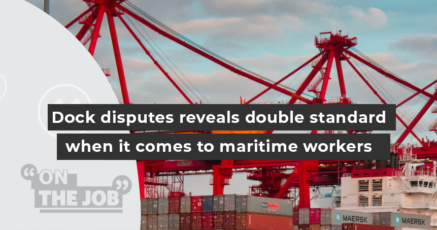
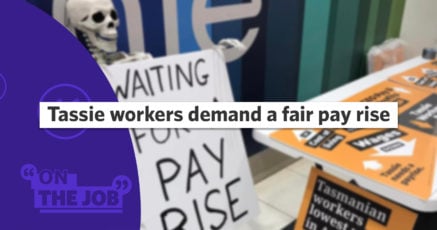


SHARE:
The pandemic trap – Workers tell their stories about life without COVID disaster payments